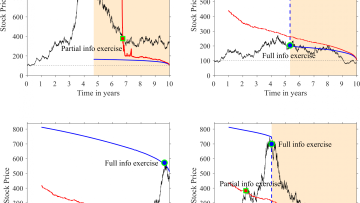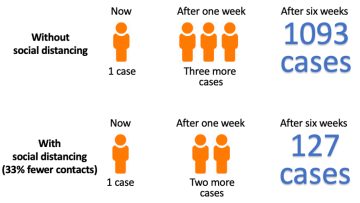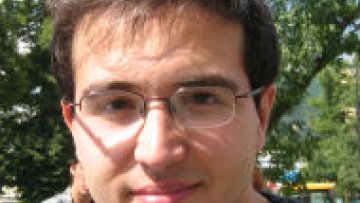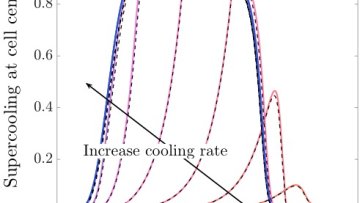Executive stock options (ESOs) are contracts awarded to employees of companies, which confer the right to reap the profit from buying the company stock (exercising the ESO) at or before a fixed maturity time $T$, for a fixed price specified in the contract (the strike price of the ESO). ESOs are used to augment the remuneration package of employees, the idea being to give them an incentive to boost the company's fortunes, and thus the stock price, making their ESO more valuable.
Social distancing measures to reduce the spread of the novel coronavirus are in place worldwide. These guideline are for everyone. We are all expected to reduce our contact with others, and this will have some negative impacts in terms of mental health and loneliness, particularly for the elderly and other vulnerable groups. So why should we follow measures that seem so extreme? The answer is simple. Social distancing works. It reduces transmission of the virus effectively and lessens the impact on already stretched healthcare services.
Oxford Mathematician Konstantin Ardakov has been awarded the 2020 Adams Prize. The Adams Prize is awarded jointly each year by the Faculty of Mathematics, University of Cambridge and St John’s College, Cambridge to UK-based researchers, under the age of 40, doing first class international research in the Mathematical Sciences.
Oxford Mathematician Mohit Dalwadi talks about his work on the modelling of cryopreservation.






